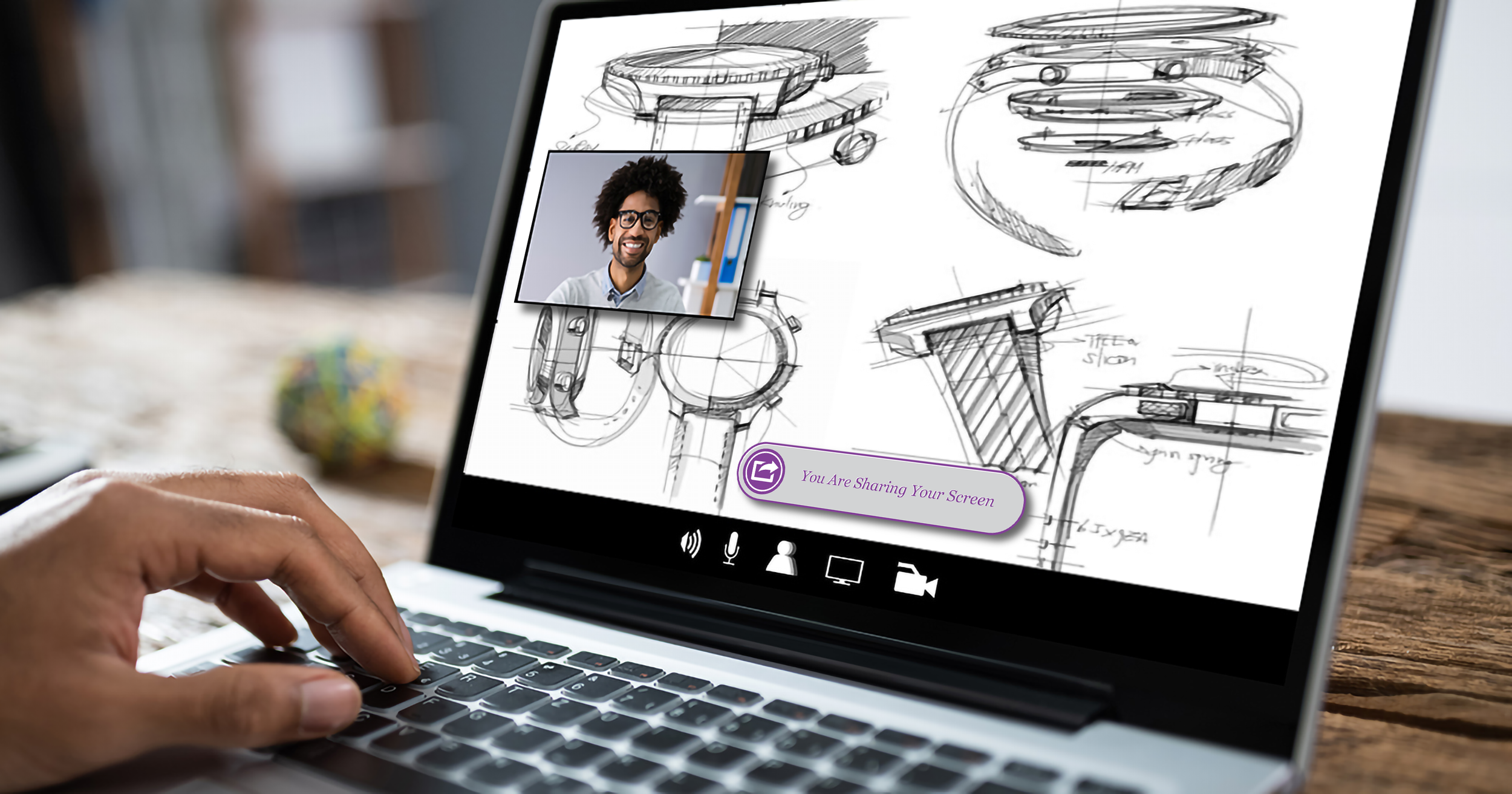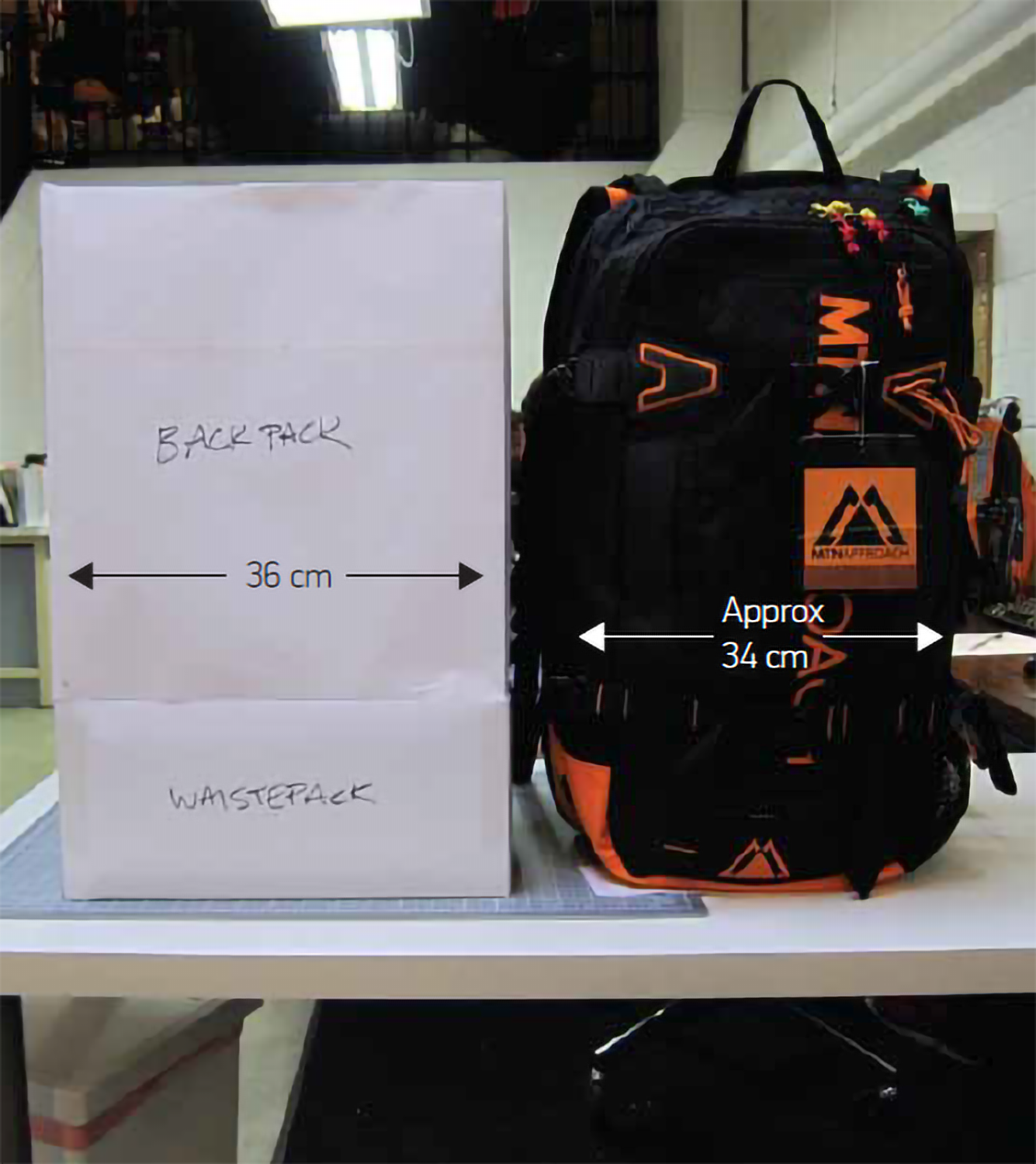Validate
Reduce Risk
Does Your Boat Float?
Launching a product without first soliciting voice-of-consumer feedback is a little bit like launching a ship without testing it first to see if it will float. Maybe that’s a risk you’re willing to take if your ship is small and inexpensive but if it’s a ship that is valuable to your proverbial fleet then taking the time to locate and fix the leaks prior to launch is probably easier (and less stressful) than just launching it and hoping for the best. Most of us acknowledge that it’s easier to fix a boat that’s on land than it is to fix a boat that’s underwater. Similarly, it is much easier to make adjustments to the design of a product before making the investments of time and capital that are required to launch and promote it.
Gathering validation feedback from consumers helps prove or disprove assumptions made during the design phase of a product and provides valuable insights into consumer preferences and expectations regarding the proposed concepts. This feedback acts as a reality check, helping identify potential gaps or shortcomings that may not have been apparent previously and allows businesses the opportunity to refine and enhance the design of their products reducing risk and increasing a product’s ability to succeed prior to making large investments in tooling, order quantities, marketing assets, and other launch-related expenses that contribute to the cost of failure if the product is unsuccessful.
Below are some of the strategies we employ at Sophic Design to gather feedback from consumers prior to launch.
Validation Tools
Initial Concept Feedback
Preliminary feedback from consumers based on photorealistic renderings or even sketches can provide valuable concept insights that help streamline design and development efforts. By collecting qualitative and quantitative data early on organizations can solicit feedback and identify user preferences resulting in designs that align with customer needs and wants.
Mockup Reviews
Gathering input throughout the development process using rough mockups, volume studies, and prototypes is the best way to validate assumptions, identify usability issues, and make necessary improvements. At Sophic, we use prototyping methods ranging from simple foam core mockups to more detailed 3D printed samples to test and evaluate concepts.
Pricing Studies
Pricing studies provide businesses with valuable insights into price elasticity and perceived value helping them make informed decisions that maximize profitability. At Sophic, we take a simplified approach to pricing based on consumer-facing quantitative data that is leveraged to identify the price bands that have the ability to maximize product revenue and profitability.
Click the icons below to learn more about our approach to data-driven design







